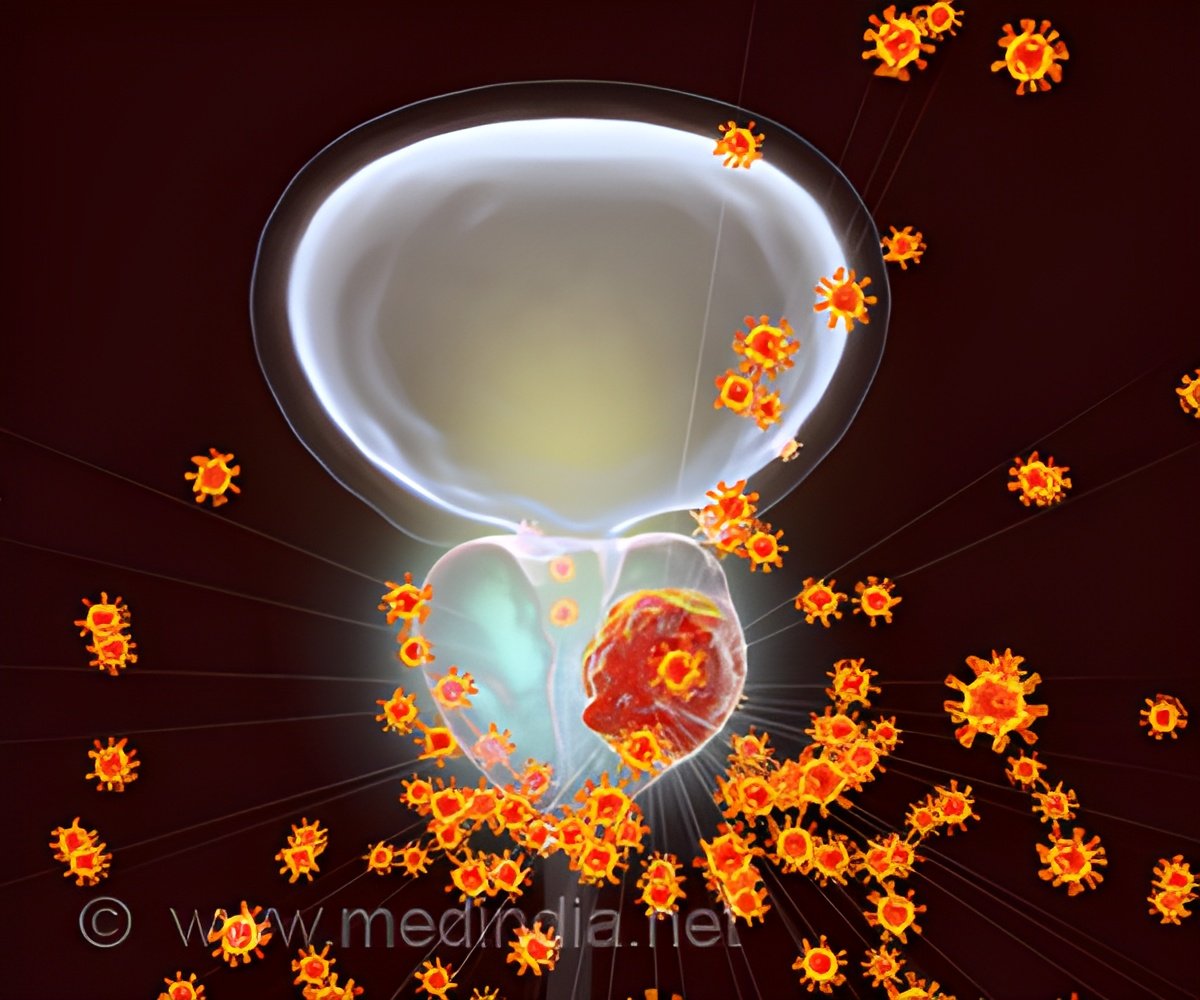
‘Men who had multiple bacteria species in their urine were 2.6 times more likely to develop an advanced form of prostate cancer than men who did not.’
Tweet it Now
Prostate cancer is very commonly known as the deadliest disease; it is almost always too late before the cancer is detected. And little is known about what causes some prostate cancers to become more aggressive than others.To clear this puzzle, researchers were involved in the genetic analysis of urine and prostate tissue of around 600 men, both with and without prostate cancer.
They found five species of bacteria that overlapped with the aggressive cancer cells; three of these were identified for the first time. Based on the examination, the newly identified bacteria could potentially be an indicator of the disease’s severity.
The set of bacteria found includes Anaerococcus, Peptoniphilus, Porphyromonas, Fenollaria, and Fusobacterium. All the bacteria like to grow without oxygen present.
When any of these specific anaerobic bacteria were detected in the patient’s samples, it was linked to the presence of higher grades of prostate cancer and more rapid progression to aggressive disease.
Advertisement
Future work based on these findings and future work could lead to new treatment options that could slow or prevent aggressive prostate cancer from developing.
Advertisement








![Prostate Specific Antigen [PSA] Prostate Specific Antigen [PSA]](https://www.medindia.net/images/common/patientinfo/120_100/prostate-specific-antigen.jpg)




